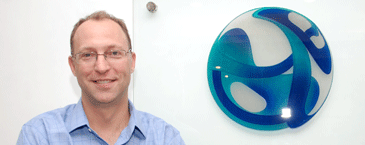"We prefer to be in the position of a challenger:" Aegis' Waters
After spending close to 12 years with Mindshare and almost 18 with WPP, what prompted you to move? How easy has been the transition?
by Campaign India Team

To continue enjoying this content, please sign in below. You can register for free for limited further access or subscribe now for full access to all out content.
Sign In
Trouble signing in?
Register for free
✓ Access limited free articles each month
✓ Email bulletins – top industry news and insights delivered straight to your inbox
Subscribe
✓ All the latest local and global industry news
✓ The most inspirational and innovative campaigns
✓ Interviews and opinion from leading industry figures
